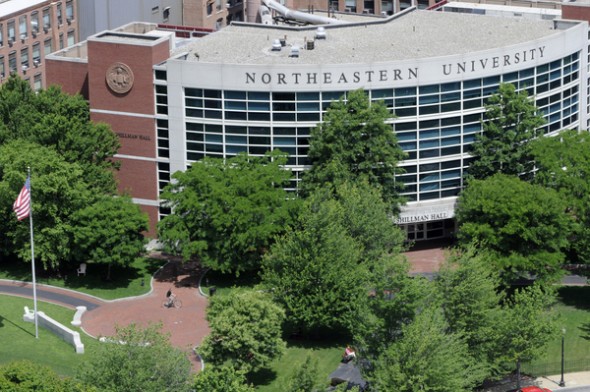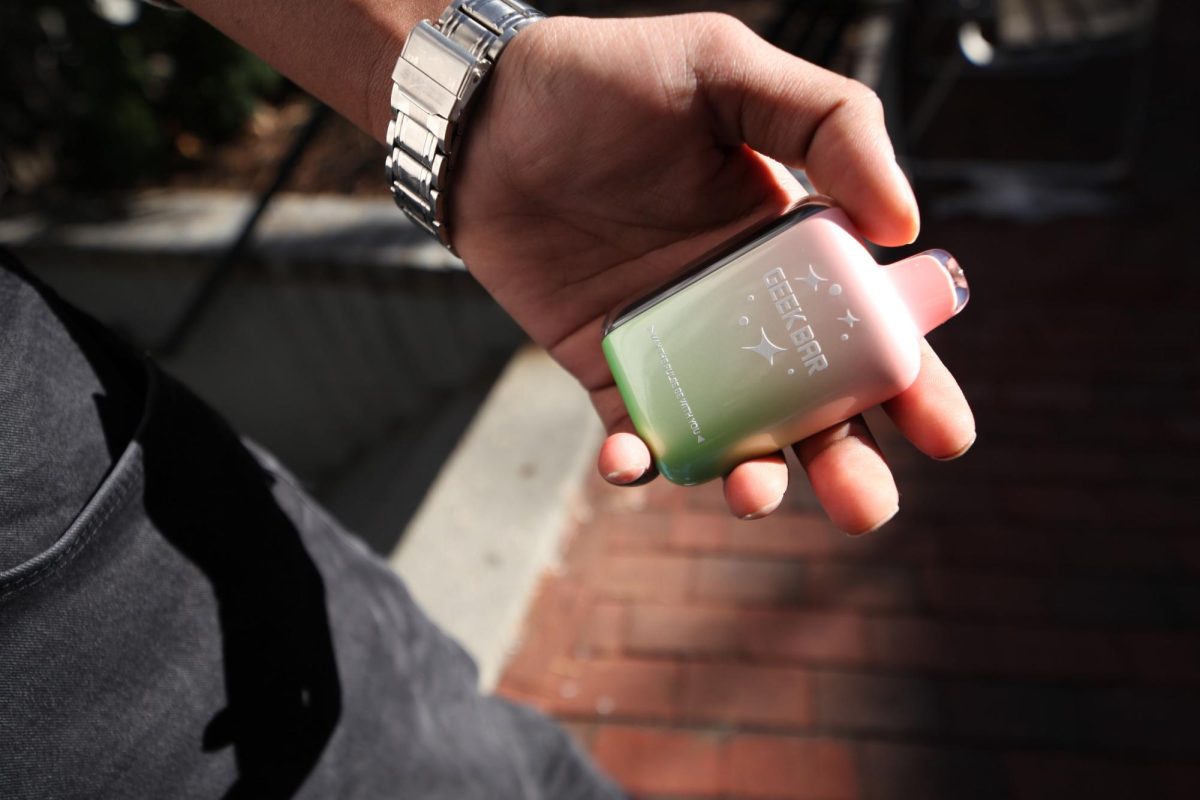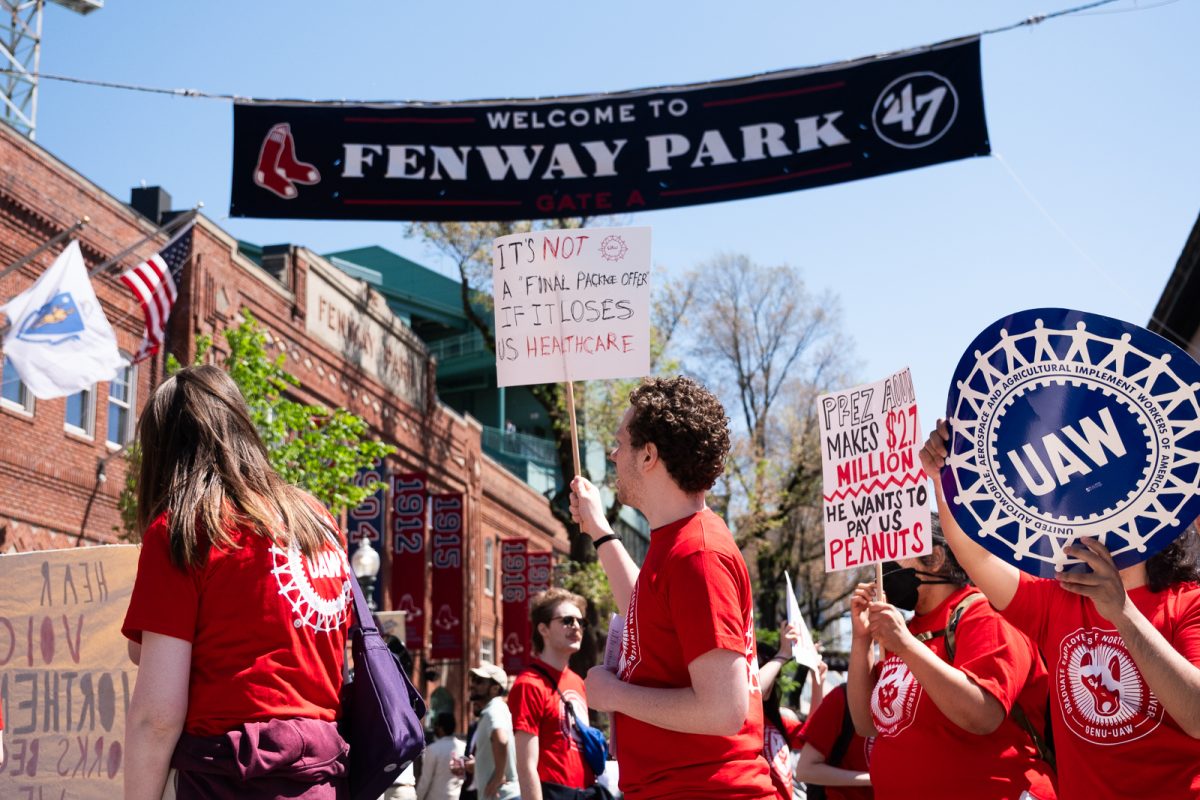By Erika Christiansen, news correspondent
Researchers at Northeastern were awarded a $5 million grant from the National Science Foundation to establish S-POWER, a scholarship and mentorship program for transfer students from underrepresented minority backgrounds who want to study energy.
S-POWER, which stands for Student Pathways Opening World Energy Resources, will be a five-year program that aims to address the historic lack of diversity in science, technology, engineering and math (STEM) fields and increase research in alternative energy.
Each student is eligible to receive a maximum scholarship of $30,000, which translates to $10,000 per year for three years, said Richard Harris, a co-principal investigator for the program. S-POWER will impact an estimated 160 students by 2021, he said.
“How do we, as an institution of higher learning, […] identify ways that we can address both broader impact challenges that the National Science Foundation identifies, as well as the scientific merit and intellectual merit?” asked Harris, who is also the assistant dean of academic scholarship, mentoring and outreach at Northeastern.
Students involved in S-POWER study their first two to three years at their home universities, then spend summers at Northeastern forming mentor relationships and participating in research.
Shraboni Ghoshal, a fifth-year Ph.D student studying electrochemistry, said she hasn’t perceived a lack of minorities in the science and engineering departments at Northeastern.
“I haven’t felt that the diversity is missing, it’s really prevalent here,” she said. “I think that it’s a part of the Northeastern community that is really diverse.”
Conor Byrne, a freshman chemical engineering major, said he has noticed gaps in the university’s STEM representation.
“[The STEM field] is definitely male dominated, and not necessarily equal representation in terms of race,” he said.
Since coming to Northeastern in 2003, Harris has held positions for several cultural communities on campus, including his current post as the director of the Northeastern University Program in Multicultural Engineering. He said that Northeastern has centers for diversity and inclusion on campus that will help S-POWER students feel comfortable once they transfer.
“Northeastern, to its credit, has a unique presence of these cultural centers that allow us to facilitate that aspect of the students’ development and their needs on a sociocultural level as well,” Harris said.
S-POWER students will go on co-ops in the energy sector during their time at Northeastern.
“Because of our co-op model, because of our corporate co-op partners, because of their interest in growing their own diverse base, we’re kind of in a unique space to be able to be a leader, and this proposal will help us facilitate that with funding,” Harris said.
Ghoshal, who participates in research with the Northeastern University Center for Renewable Energy Technology, said she strongly believes in the experiential learning model for her field.
“Everything on pen and paper is fine, it’s good to understand, but if you do it in a lab then you understand it a lot better,” she said. “And if their final goal is to contribute to the whole energy issue, that will be much easier if they have their own experience working with it.”
Byrne said that he believes S-POWER could change the face of the STEM field when these students graduate and begin working in the energy sector.
“I think it will be really cool to see how this program pans out,” he said.
Ghoshal said that if this program is adopted nationally, she thinks it will greatly increase diversity and representation of some minorities in STEM careers.
“It is a very noble thing,” Ghoshal said of the program. “More people need to be reaching out to this [diversity] issue because people need to understand that this is not only about your country, or your institute, or your geographical location—it’s a global thing.”
File photo courtesy Brooks Canaday, News at Northeastern















